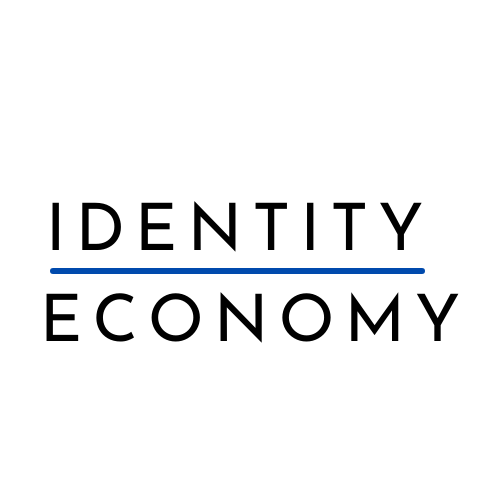Von Ralf Keuper
Welche strategische Bedeutung könnte die Blockchain-Technologie demnächst für die Unternehmen erreichen? Dieser Frage geht McKinsey in Blockchain beyond the hype: What is the strategic business value? nach. Dabei kommen die Autoren m.E. zu einem ausgewogenen Urteil. Drei strategische Stossrichtungen der Blockchain-Technologie werden identifiziert:
- Blockchain does not have to be a disintermediator to generate value, a fact that encourages permissioned commercial applications.
- Blockchain’s short-term value will be predominantly in reducing cost before creating transformative business models.
- Blockchain is still three to five years away from feasibility at scale, primarily because of the difficulty of resolving the “coopetition” paradox to establish common standards.
Vor allem letzterer Punkt steht dem Erfolg der Blockchain-Technologie in der Praxis im Weg: Gemeint ist das “Coopetition” Paradox:
Natural competitors need to cooperate, and it is resolving this coopetition paradox that is proving the hardest element to solve in the path to adoption at scale. The issue is not identifying the network—or even getting initial buy-in—but agreeing on the governance decisions around how the system, data, and investment will be led and managed. Overcoming this issue often requires a sponsor, such as a regulator or industry body, to take the lead.
Großes Potenzial habe die Verwaltung digitaler Identitäten:
One of the most promising and transformative use cases is the creation of a distributed, secure digital identity—for both consumer identity and the commercial know-your-customer process—and the services associated with it. However, the new business models this would create are a longer-term possibility due to current feasibility constraints.
Gute Erfolgschancen hat die Blockchain überall dort, wo es darum geht, ein relativ geringes Vertrauensniveau herzustellen, ohne dabei auf einen klassischen Intermediär angewiesen zu sein. Wichtig ist weiterhin, dass Daten in der Blockchain nicht automatisch valide bzw. verifiziert sind. Entscheidend ist und bleibt die Quelle. Insofern wird die Blockchain auf externe Zulieferer angewiesene sein, die vertrauenswürdige Informationen bereitstellen bzw. auf Vermittler, die dafür sorgen, dass die Daten auf Integrität geprüft werden, bevor sie in die Blockchain geschrieben werden.
Crosspost von Bankstil
